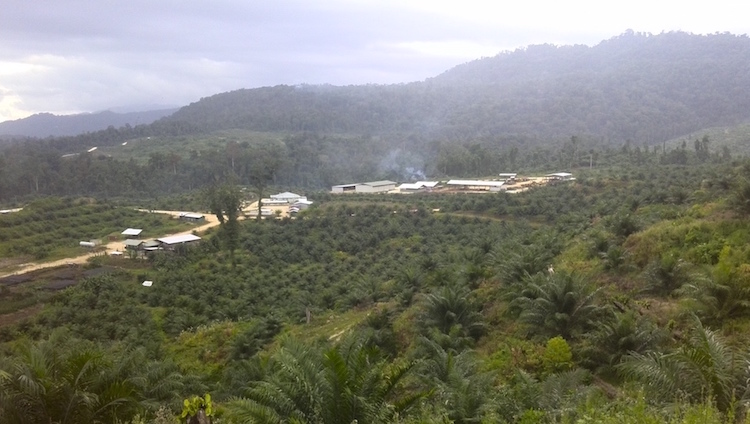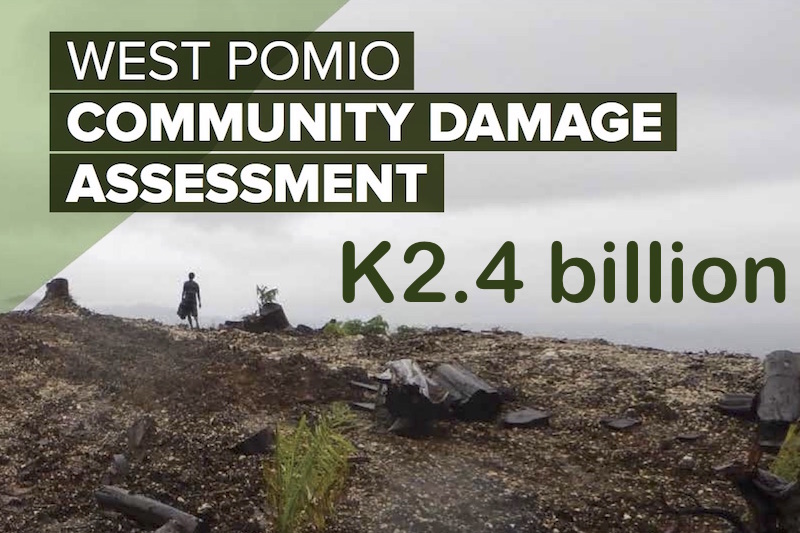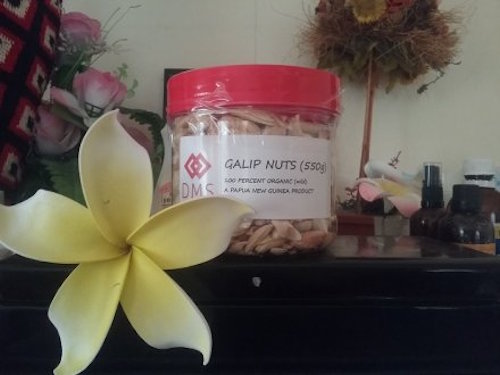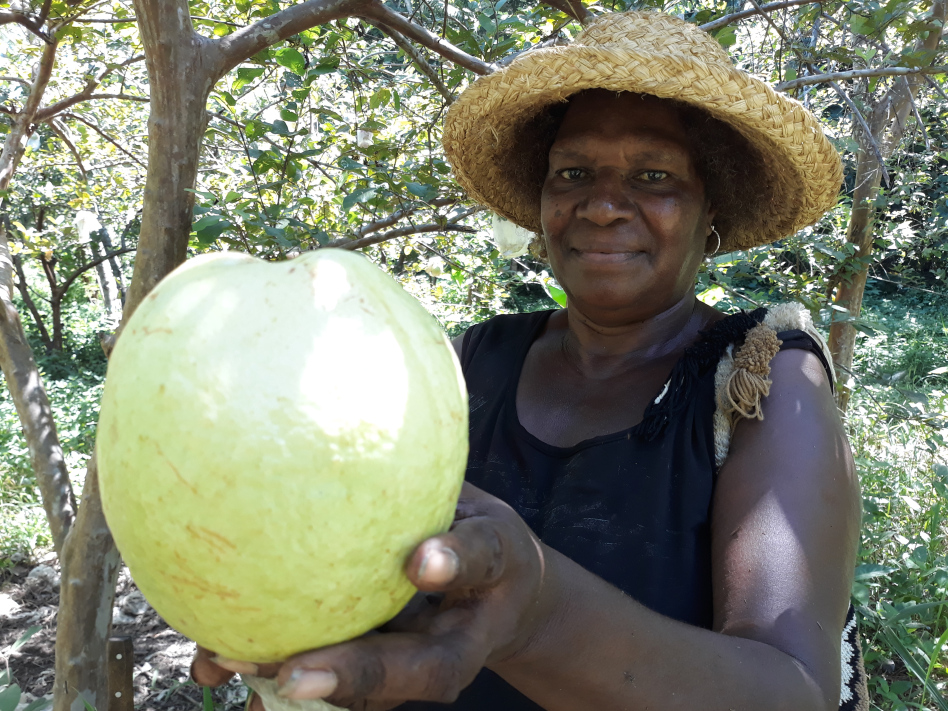The government has tried to bury and forget the SABL land grab scandal in which more than 5 million hectares of land has been stolen from rural communities.
It is using a well tested formula that we see employed almost every time a new corruption scandal is exposed:
-
First a long-drawn out official inquiry that is delayed by funding and other logistical problems.
-
Then a further delay before the inquiry findings are tabled in Parliament.




